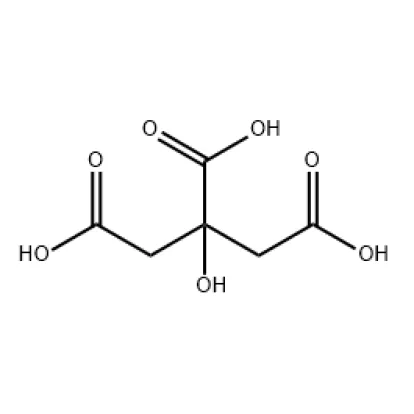Jul. 11, 2024

Food additives are substances intentionally added to food for various technological purposes. These purposes include improving shelf life, maintaining nutritional qualities, and enhancing sensory attributes such as taste, texture, and appearance. Food additives are not typically consumed as food by themselves.
Food additives serve several technological purposes during food processing, including:
Preservation: Extending the shelf life of products by preventing spoilage from microorganisms.
Stabilization: Maintaining the uniform dispersion of ingredients in emulsions.
Color and Flavor: Enhancing the visual appeal and taste of food products.
Food ingredients originate from the foods we consume daily. To ensure transparency, food additives are declared on product labels under the title "ingredients." This helps consumers make informed choices about the foods they purchase and consume.
The majority of food ingredients are natural, while some are synthetic. Natural additives are derived from plants, animals, minerals, or microbial sources, whereas synthetic additives are created through chemical processes to mimic natural ones.
All ingredients in food products are listed under the title "Ingredients" on the product label. They are presented in descending order of their weight, allowing consumers to identify the quantity and presence of specific additives and ingredients in their food.
The use of food additives dates back to ancient times. For instance, salt has been used as a preservative as early as 2000 BC. The widespread recognition and use of various food additives became more prominent in the early 19th century.
Yes, you can use food additives in home cooking for foods where additives are permitted. It is crucial to adhere to the quantities permitted by food safety authorities such as the Food Safety and Standards Authority of India (FSSAI) or similar regulatory bodies in your country.
Certain chemicals, known as food additives, have become integral to food processing. They are used for various technological purposes, including preservation, flavor enhancement, and maintaining the product's appearance and texture.
Related links:Yes, it is possible to have sensitivity or allergic reactions to certain food ingredients or additives. Common allergens include peanuts, eggs, milk, and specific preservatives or colorants. It is essential to read food labels carefully to avoid potential allergens.
Food additives can be classified into several categories, including:
Preservatives: Prevent spoilage from bacteria, molds, fungi, or yeast.
Antioxidants: Prevent the oxidation of food components, which can cause rancidity.
Emulsifiers: Help mix ingredients that typically don't blend well, like oil and water.
Stabilizers and Thickeners: Provide the desired consistency and texture to food products.
Colorants: Enhance or restore the color of food.
Flavor Enhancers: Improve or intensify the taste of food.
Food additives are considered safe when used within the limits established by regulatory authorities. These limits are based on extensive scientific research and safety evaluations. Authorities like the FSSAI, the U.S. Food and Drug Administration (FDA), and the European Food Safety Authority (EFSA) regulate the use of food additives to ensure consumer safety.
Regulation of food additives involves rigorous evaluation processes by national and international bodies. These organizations assess the safety, effectiveness, and necessity of each additive. Regulations often include guidelines on permissible levels, usage conditions, and mandatory labeling requirements.
While most food additives are safe for the majority of people, some individuals may experience adverse reactions. Overconsumption of certain additives could potentially lead to health issues. It is always advisable to consume processed foods in moderation and be aware of any personal sensitivities or allergies.
For more detailed information, refer to resources from reputable organizations such as the FDA, EFSA, or FSSAI. Scientific journals, food safety websites, and academic institutions also provide comprehensive information on the topic. Always look for credible sources to ensure accurate and up-to-date information.
Understanding food additives helps consumers make informed choices about their diets and promotes awareness of food safety and nutrition.
Previous: How Do Toast-Bread Improvers Enhance Flavor?
Next: None
Related Articles
If you are interested in sending in a Guest Blogger Submission,welcome to write for us!
All Comments ( 0 )